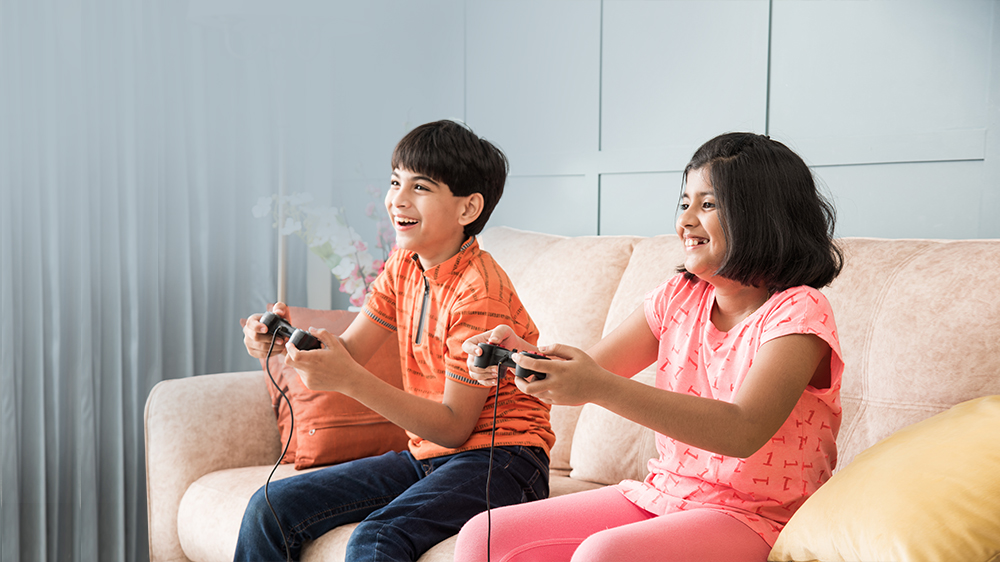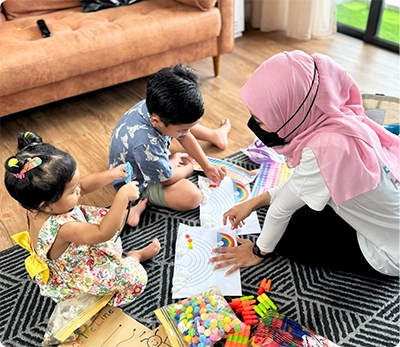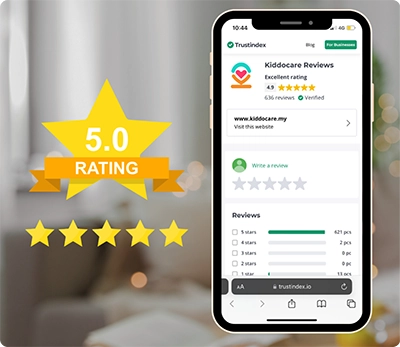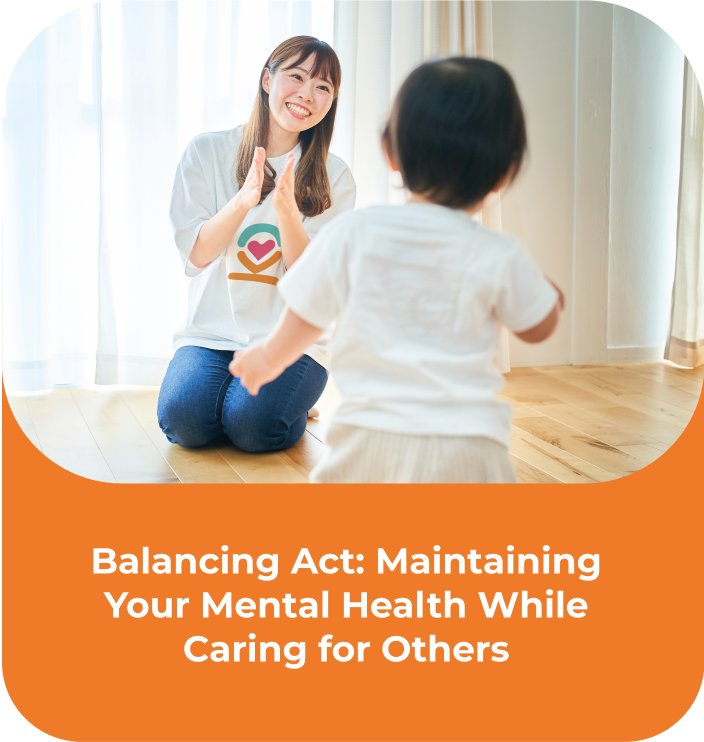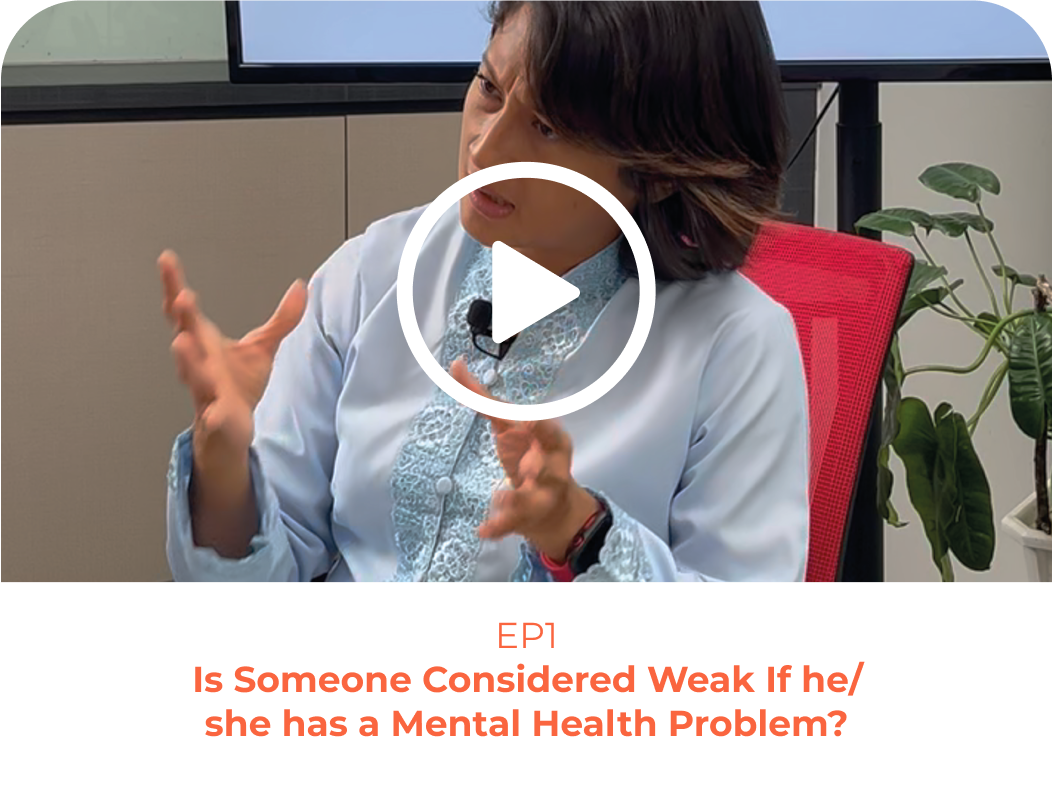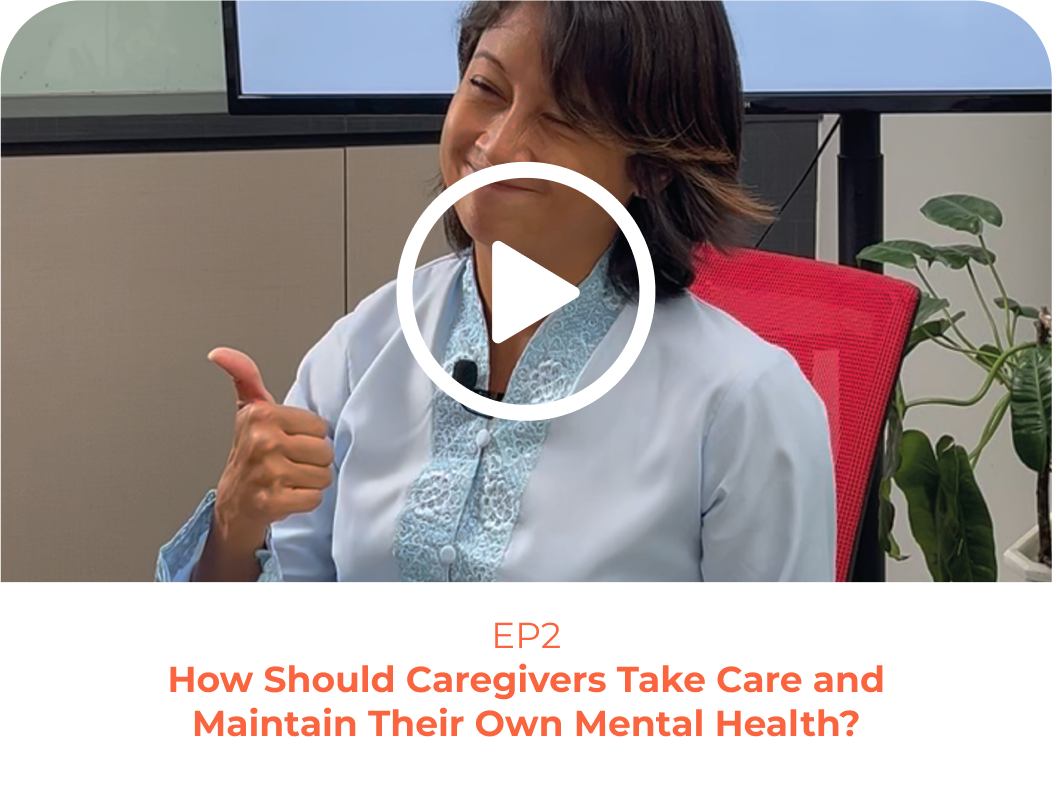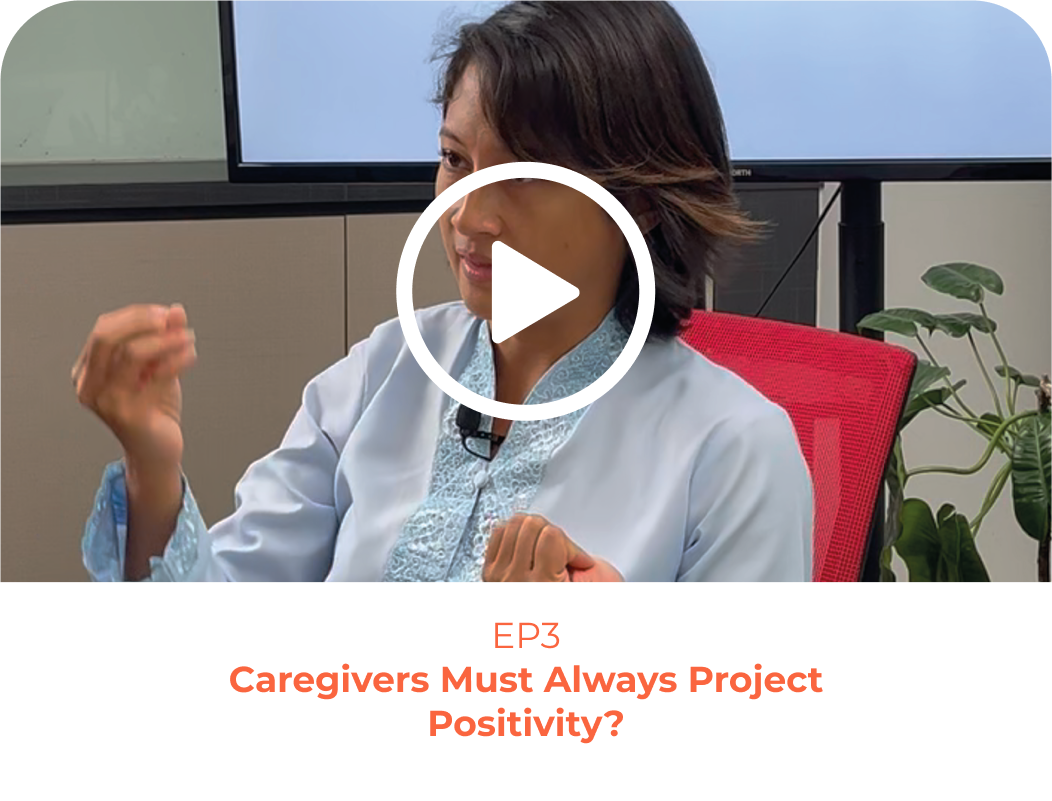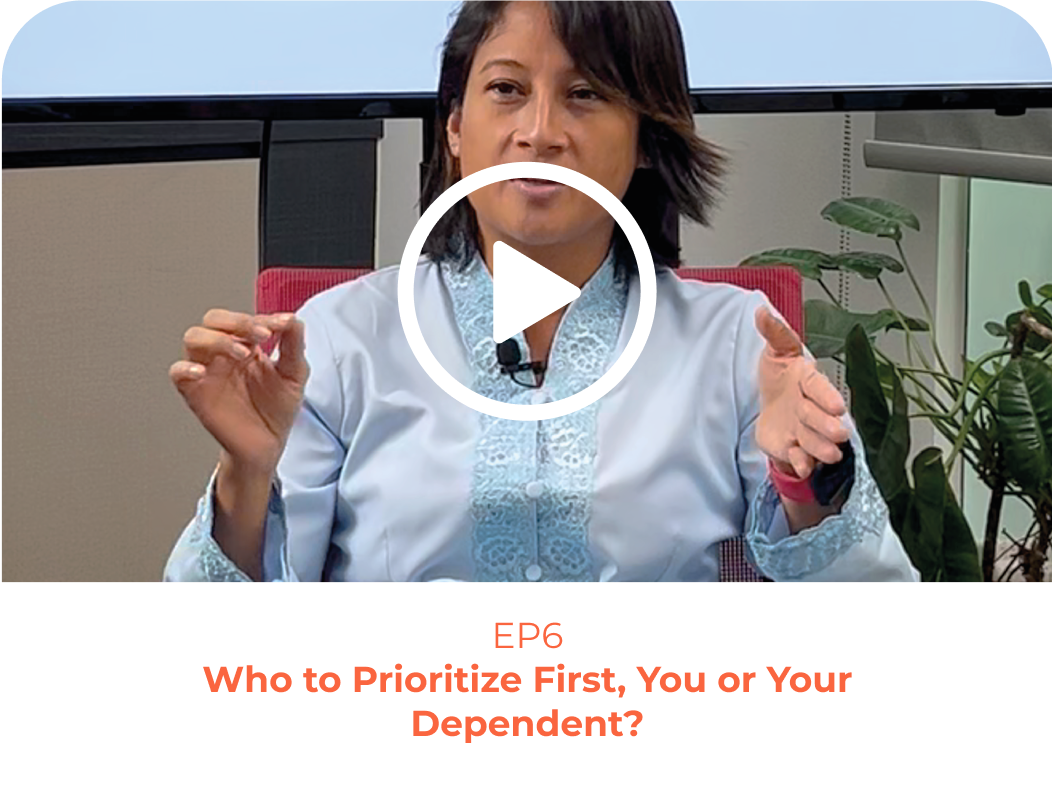How Can Video Games be Good for Children?
How Can Video Games be Good for Children?
Let’s face it – today, we are living in an age where our children will be exposed in one way or another to video games as a common pastime (if not their favourite). With technology of video games becoming more refined by the day, it’s difficult for children to keep away from those games (even adults can be engrossed!) especially if their friends and classmates are also playing the same game(s). However, we can all do our part as parents to minimize the ill effects of video games to our children, as there are still several positives that can be had from exposing them to some good fun via the video game, because only when we see the big picture of how video games work and how it can benefit our children, can we properly keep a lid on their gaming time.
- See the benefits of video gaming
Yup, indeed video gaming takes the child away from the outdoors and keeps them locked up, but the devil isn’t in the video games itself… in fact, do you know that with modern day video games, it teaches children coordination, strategizing and communication skills? Indeed, as the child plays along, the movement and the aim of the game will tickle some of their brain cells to plan their next moves spontaneously, and the best of all, they can learn from it by avoiding the same move if it leads to their “doom” in the game. This way, children can pick up these motor skills (just as well as they would if they played sports) and train their intelligence in responding to a situation.
- Now, filter the negatives of video gaming
Of course, there are plenty of negative elements that one can find from video games. Excessive violence, sex, bad language and culturally inappropriate content can affect the way our children behave, but if we are aware of these dangers, we can put a lid on it by educating our children to filter these negative elements using their own discretion and maturity. We should also strike a balance in allowing our children to have time with video games, because it can cause serious cases of addiction as we know it. Therefore, we have to be vigilant with the time that our children spend with their video games, and perhaps set a boundary for them to adhere to. Constant advice should also be given so that they are able to discern between reality and their game world, and that they know their priorities first and foremost before going into their video games.
- Keep tabs on what games are children playing
It pays for parents to have first-hand knowledge of what games are hot in the market so far, and if at all possible, try your hands on them as well! This is so that we not only understand the pros and cons of the particular game, we are also able to have a more immersive conversation with our children about the game as well, and advise them which parts of the game that you need them to exercise their own discretion. Being hands on will gain you plenty of trust from your children, but do not be overly intrusive as they need their personal space to play with their friends, too, so don’t go joining into their game groups and be nosy over what they type to each other in their in-game conversations.
- Saying no when it’s appropriate
A hard and delicate act to balance, saying no to your children’s video game time can be a nightmare. Your child may sulk and throw tantrums, but it’s down to us as parents to manage the situation. If at any point you feel your child is going overboard with their video game time, to the point that they’re not giving any kind of priority to their studies and their social life, you have to step in and put a stop to it. Most importantly, parents have to do their best in making sure that their children not only abides when you tell them to stop, but also making them understand the impact of too much game-time. As children are still learning to be adults, they should be picking up the right habits from a young age, so it’s down to us parents to instil these right values in them, especially with distractions such as these.
So there, video games should not be viewed in a negative light by parents simply because it has the potential of sucking our children into addiction, but it can be a tool to educate (especially if the material is educational). Even in mainstream video games, there are plenty of negative elements but we can all pre-empt our children about them and have them apply their own wisdom. In all, video games are set to be a common trend among children and youths, and parents should equip themselves with all the know-how to ensure that our children’s video gaming pastime does not become a heavy addiction that disrupts their work and sense of responsibility as children.

